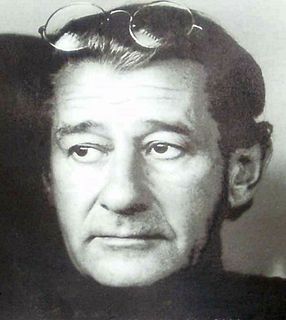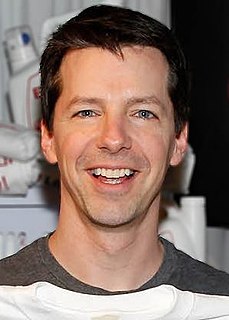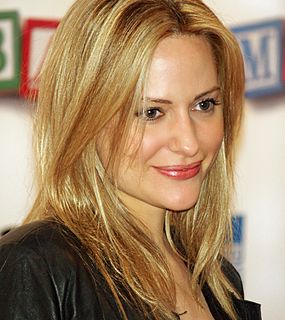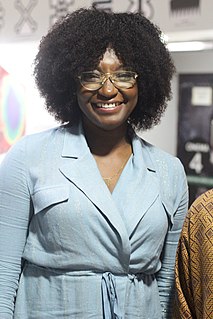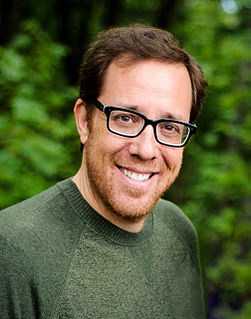A Quote by Donna Jo Napoli
You have to live life if you're going to create believable lives on paper.
Related Quotes
If you're an atheist, you know, you believe, this is the only life you're going to get. It's a precious life. It's a beautiful life. Its something we should live to the full, to the end of our days. Where if you're religious and you believe in another life somehow, that means you don't live this life to the full because you think you're going to get another one. That's an awfully negative way to live a life. Being a atheist frees you up to live this life properly, happily and fully
Once you start to ask patients about their priorities, you discover what they're living for. Once you uncover that, it helps you, as a doctor, decide what to fight for. And when we do that, we often end up identifying limits to the kind of care that people want. One's assumption is that these people are going to live shorter lives, but what we're doing is protecting quality of life. In doing so, you sometimes end up helping people live longer. Certainly, you help people live better days and with more purpose in their lives.
We all live in a society where someone who lives right across hasn't eaten and you don't know it or you are having problems where you are close to suicide and no one knows; everyone is going about their duty and thinking everything is fine. It's a dual world we live in and there is so much going on and yet it is not so obvious because we all live in our individual worlds.
When we make films - even 2D films - you're always trying to create this illusion of 3D, anyway. You're trying to create a believable world with characters walking, in and out of the perspective, to create the illusion that there's a world. The desire and drive to create this illusion of three-dimensional space is something that is true about every kind of film because you want the audience to really be experiencing it, first hand. It's a natural extension of the storytelling and the process of filmmaking.
My teachers are saying that this is one of our greatest lessons that we have to remember if we're ever going to get out of this problem that we're in, not only with war, but socially and environmentally and everything that is being destroyed. We need to begin to live and create within our hearts rather than live and create from our minds.

